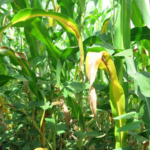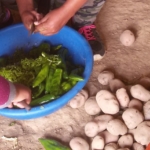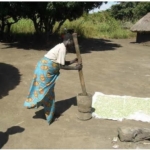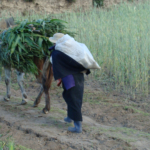


Agriculture Improvement Support Services (AgrISS)
Kenya
2/2015—8/2016
High farm-to-farm variability often obscures clear research results when experiments are conducted with a few farmers in a single season. This variability can be overcome by bringing together large numbers of farmers from diverse environments to participate in research activities aimed at addressing the priority challenges experienced across the region. In the process of better understanding farmers contexts and testing the performance of various options across these contexts, the participatory research process can help farmers can fit specific options to their diverse socio-ecological conditions. The goal of the proposed project is to establish a farmer research network (FRN) in the western Kenya region. This will serve as a platform through which farming communities in the region can engage in the development, testing and identification of suitable agricultural technologies with potential to increase productivity and add value to agriculture within an agroecological intensification framework. There are five non-governmental organization (NGO) partners involved in agriculture-related development activities across the western Kenya region who will initially contribute to the building of the FRN by engaging farmer groups, providing technical backup, and capacity building where needed. Another locally incorporated NGO, Agriculture Improvement Support Services, will coordinate activities on behalf of the FRN. It is envisaged that the network, once established and fully operationalized, will grow to a level where farmers would have the capacity and be able to sustain communications among themselves and chart their own agricultural research and development agenda.
Establish farmer research network (FRN) in the western region of Kenya, including farmers, non-governmental organizations (NGOs) and agricultural researchers already working in the region.Collaborate with researchers and NGOs to test the performance of promising technologies across a range of environments that represent the social and ecological diversity of the region.Develop a better understanding of which specific technologies are best suited to specific conditions and why; while empowering farmers to understand how to conduct simple, scientifically valid comparisons to help them to improve crop performance on their own farms.




